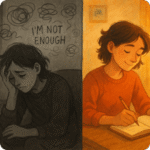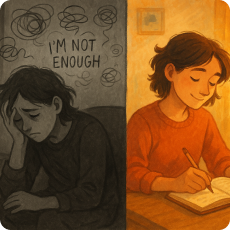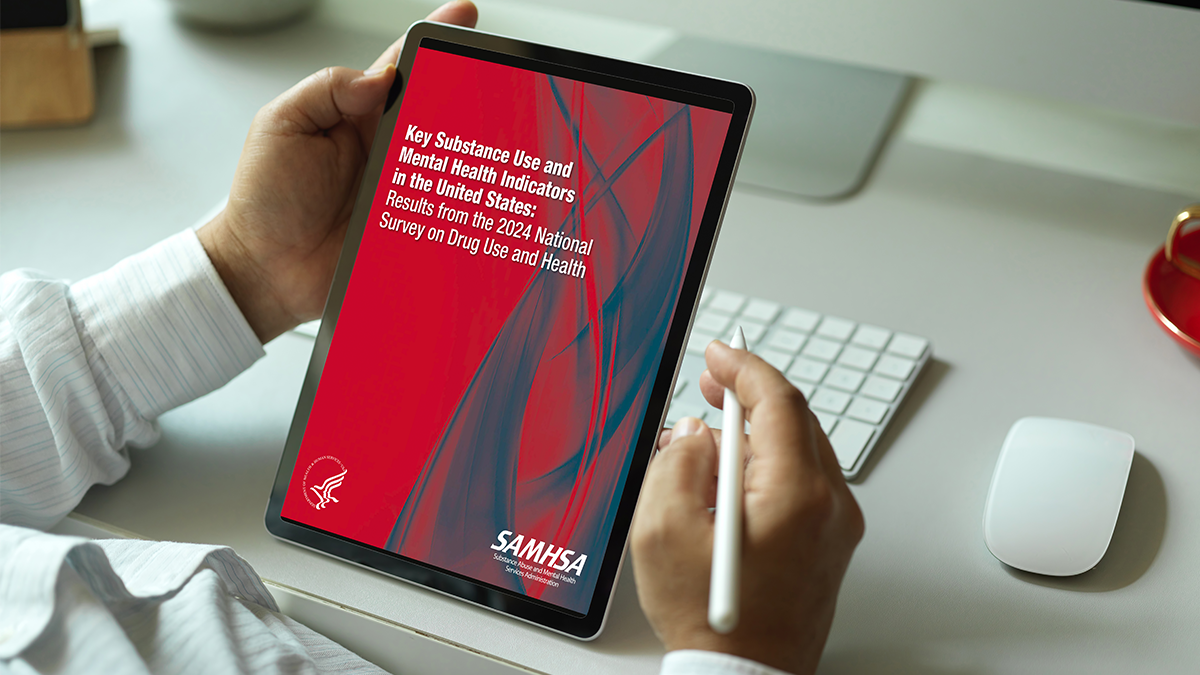Marty taught me to hesitate.
— Fran Houston
TW: Mention of suicidality and self-harm
This blog post was inspired by a recent conversation with Fran. She described how she’s learned from me to hesitate over certain things where previously she’d have acted instinctively — and not always wisely. I knew it was a topic worth exploring but with respect to the theme I decided not to rush into doing so. I let it sit with me for several days. Every now and again an idea or reference would come to me and I’d jot it down, but I didn’t begin working on this post for a week or more.
The Perils of Hesitation
One of the first things I do when starting a new blog post is research quotes relevant to the topic. Other people’s words often afford me a fresh perspective, or provide a hook on which to hang my arguments. In this case, I was looking for quotations highlighting the positive aspects of hesitation, with a few contrary perspectives about hesitating too much or too long.
The latter weren’t hard to find. Building on the proverbial “He who hesitates is lost” Mae West declared “He who hesitates is a damned fool.” As an aside, the former is a misquotation or adaptation of a line in Joseph Addison’s 1712 play Cato: “The woman that deliberates is lost.” Oscar Wilde took things a stage further in his play The Importance of Being Earnest in which Lady Bracknell utters the damning indictment, “Hesitation of any kind is a sign of mental decay in the young, of physical weakness in the old.” Amongst many other counsels against hesitating, the following three are indicative.
The minute you hesitate you are in trouble.
― Steve WaughMake up your mind to act decidedly and take the consequences. No good is ever done in this world by hesitation.
— Thomas HuxleyFear causes hesitation, and hesitation will cause your worst fears to come true.
— Patrick Swayze
I could see what they were hinting at but it felt very one-sided. Surely there were some positives to hesitation.
The Positive Side of Hesitation
I found only one quotation explicitly extolling the merits of hesitation. In a line heavy with current geo-political relevance, former Prime Minister of Israel Golda Meir stated that “A leader who doesn’t hesitate before he sends his nation into battle is not fit to be a leader.”
Hesitating before taking any action that may harm others or ourselves is sound advice. Whether framed as hesitation, interruption, distraction, or pausing, not acting on perilous thoughts is central to strategies intended to prevent or limit the effect of suicidality and self-harm. This doesn’t only apply to the person at risk. It applies to us as the listener too. As I’ve explored previously in How Are You Really? Eight Things I’ve Learned About Suicidality and Self-Harm it’s easy to react out of fear if someone tells you they have thoughts of suicide or self-harm. Knee-jerk responses are unlikely to help, however, and can be unhelpful. As Fran expressed it to me on one occasion, “The worse thing someone can do is to be shocked. A much better response is ‘tell me more about how you feel.’” If we’re prepared to listen without judgment — to pause — we open a space in which both people can feel safe. For links to crisis and help lines check out our resources page. Details of suicide awareness and prevention training can be found in our article 17 Online Suicide Awareness Courses and Podcasts.
More generally, it’s wise to pause when approaching any situation which may be unhelpful or unhealthy. My friend and fellow mental health blogger Aimee Wilson reminded me of the DBT (dialectical behaviour therapy) strategy known as cost benefit analysis. In a DBT context, this classic decision-making technique can be used to challenge old, unhealthy patterns of thinking, allowing them to be replaced by more healthy thoughts.
Perplexed at how few positive viewpoints I’d found, I changed my search from “quotations about hesitation” to “quotations about pausing.” Suddenly, everything fell into place. It was clearly a matter of semantics. Several writers focused on pausing in order to appreciate the progress we’ve made or the world around us. Guillaume Apollinaire reminds us that “Now and then it’s good to pause in our pursuit of happiness and just be happy.” Albert Einstein pushed things up a notch, declaring “He who can no longer pause to wonder and stand rapt in awe, is as good as dead; his eyes are closed.” Amongst reminders of this kind I love Bruce Feiler’s quirky “Take a walk with a turtle. And behold the world in pause.” It’s impossible to mention turtles and not to think of Crush, the laid-back surfer-dude sea turtle voiced by Andrew Stanton in Disney/Pixar’s 2003 animated film Finding Nemo and the 2016 sequel Finding Dory.
Former professional cyclist and three-time Olympic gold medalist Kristin Armstrong highlights the benefits of pausing in order to reset our thinking and open our minds to new perspectives. “It’s not only moving that creates new starting points.” she says. “Sometimes all it takes is a subtle shift in perspective, an opening of the mind, an intentional pause and reset, or a new route to start to see new options and new possibilities.” The benefits to our thinking are further emphasised by Indian singer Shreya Ghoshal. She wrote, “I believe that when the going gets tough, you should just hit pause. Assimilate what is happening for ten minutes. Your thoughts will be much clearer.”
“Look before you leap” is a call to prudent hesitation originating in the fables of Aesop, a slave and storyteller who lived in ancient Greece around 620 BCE. In The Fox and the Goat, a fox falls into a well and can’t get out. A thirsty goat walks by and the fox persuades the goat to jump into the well to get a drink. The fox climbs on the goat’s back and escapes, leaving the goat unable to escape. When the goat asks the fox for help, the fox tells him he has only himself to blame. “If you had as much sense as you have beard, old fellow, you would have been more cautious about finding a way to get out again before you jumped in.”
The caution of Aesop’s fable is challenged by a poem by Christopher Logue (often wrongly attributed to Guillaume Apollinaire, to whom it was dedicated) called “Come to the Edge.”
Come to the edge.
We might fall.
Come to the edge.
It’s too high!
COME TO THE EDGE!
And they came,
and he pushed,
And they flew.
The meaning is clear. If we push through our fears (or are pushed) we can overcome what holds us back. However intoxicating the message, it’s profoundly dangerous. As I wrote in Just Don’t: Ten Reasons Not to Do the Thing it’s not for others to push us over the edge. The motivation to transcend our fears must come from within us, albeit with encouragement and support.
Hesitation and Action: the Critical Balance
As with most things in life, there’s a balance to be struck. In the present context, the balance is between leaping into things without regard to the risks and consequences, and missing opportunities by waiting for things to fall perfectly into place. It’s not always clear in advance when to act and when to pause a while longer. Author and life coach Tony Robbins suggested that “Change happens when the pain of staying the same is greater than the pain of change.” In that moment, we may decide to do the thing, but there’s no shame in paying attention to our fears and putting it off for another day. A gentler call to action is afforded by Mark Victor Hansen.
Don’t wait until everything is just right. It will never be perfect. There will always be challenges, obstacles and less than perfect conditions. So what. Get started now. With each step you take, you will grow stronger and stronger, more and more skilled, more and more self-confident and more and more successful.
For Fran the distinction is clear. “Procrastination can lead to you damning yourself,” she told me. “There’s a power in choosing to hesitate.” She continued with an example. “When someone e-mails me my tendency is to reply immediately rather than give it space. I can react or hesitate and think about what my response might be. Hesitation is giving space.”
My tendency to hesitate helps counter Fran’s impulsivity, which can be heightened by mania and anxiety. “Hesitation is a way of protecting myself for my mental wellness,” as she put it. Rather than respond immediately to what someone says or does, I’ll encourage her to pause and consider if what she’s feeling and thinking is grounded in fact. An immediate response or action is rarely necessary, although we remain aware of the counter danger. As Fran expressed it, “The other side is I ruminate for days or weeks over things.”
My Experience of Hesitation and Pause
But what of me? How do I strike that balance? I called hesitation my super power, but do I hesitate too much? Just the right amount? Not enough? There’ve undoubtedly been times in my life when it would have been better to pause to consider the consequences of what I was about to do. The times that spring to mind are from decades ago. Most concern my feelings towards other people. I fell in love easily and deeply. I just didn’t always know what to do with those emotions. As Elvis Presley sang in “Can’t Help Falling in Love”:
Wise men say
“Only fools rush in”
But I can’t help
Falling in love with you.
By acting impulsively or recklessly I embarrassed, confused, and hurt people I cared about more times than I’m comfortable recalling. It’s something I was aware of at the time, as evidenced by several of my poems from those days.
A voice I recognise dies screaming
NOREGRETS!
but I regret the months confused the
rhymes you (were they all ?uneasingly) inspired
because I never wanted to confuse you
— from “26.”.then a fiercer
flame repels: the memory of
another that my flutterings
confused (an age too long ago.
— from “Mothly”i feel i’ve found a newfriend
in you .someone to think fondly of
speak fondly to, afraid though i
might hurt you (like the rest)
by coming on too strong
— from “untitled three”
Experiences such as these left me with a mistrust of spontaneity and a tendency to overplay the hesitation card. As a result, I’ve undoubtedly missed out because I hesitated too long. I once deflected an explicitly romantic advance from someone I liked very much with a kiss on the nose, so confident was I there’d be plenty of other opportunities for us to take things further. It was hesitation on a comedically epic scale and I still cringe at the memory. They say at the end of life you recall the opportunities you failed to take up. If so, I’m pretty sure that will be one of them. (Sorry, Jenny!)
More prosaically, I twice declined promotion at work before finally accepting when it was made clear the offer wouldn’t be made a fourth time. I missed out on maybe a year’s elevated salary as a result of my hesitation. Continuing the financial theme, I recently opened a new savings account after holding several thousand pounds in my current (checking) account for years where it earned zero interest. Now and again I’d research options but always hesitated to make a decision. Each month’s procrastination lost me the interest I’d have earned if I’d moved the money somewhere else. Finally, I recognised that I didn’t need to find the perfect solution. There would always be a higher yield account or savings plan on offer somewhere. I only needed to choose one with a decent rate of interest. I made the decision and moved the money.
I believe I’m learning to find that sweet spot between healthy and unhealthy hesitation. This applies not only to my own life but how I feel about and respond to what my friends and loved ones are going through in theirs. Everything from how to respond to e-mails, invitations, challenge, and conflict, to handling new friendships and relationships. The following quotation by Lori Deschene, founder of Tiny Buddha, reminds me this is a skill that requires practice to perfect.
Practice the pause. Pause before judging. Pause before assuming. Pause before accusing. Pause whenever you’re about to react harshly, and you’ll avoid doing and saying things you’ll later regret.
There’s an echo there of the Sufi saying attributed to the 13th-century Persian poet and mystic Jalāl al-Dīn Muḥammad Rūmī (Rumi).
Before you speak, let your words pass through three gates:
Is it true?
Is it necessary?
Is it kind?
This is a favourite of Fran’s and something she reminds me of from time to time. It cuts to the heart of the hesitation paradox for me. Many of my past issues might have been avoided if I’d known Rumi’s words and paid heed to them.
Over to You
In this article I’ve explored what hesitation and pause mean to me. What do you feel about these topics? Are you someone who takes time to think things through or do you respond instinctively to situations and events? Have there been times you wish you’d stopped to consider the consequences of your actions? Are there things you’ve missed out on because you hesitated too long? What is your super power? Fran and I would love to hear from you, either in the comments below or via our contact page.
Photo by Humberto Portillo at Unsplash.











